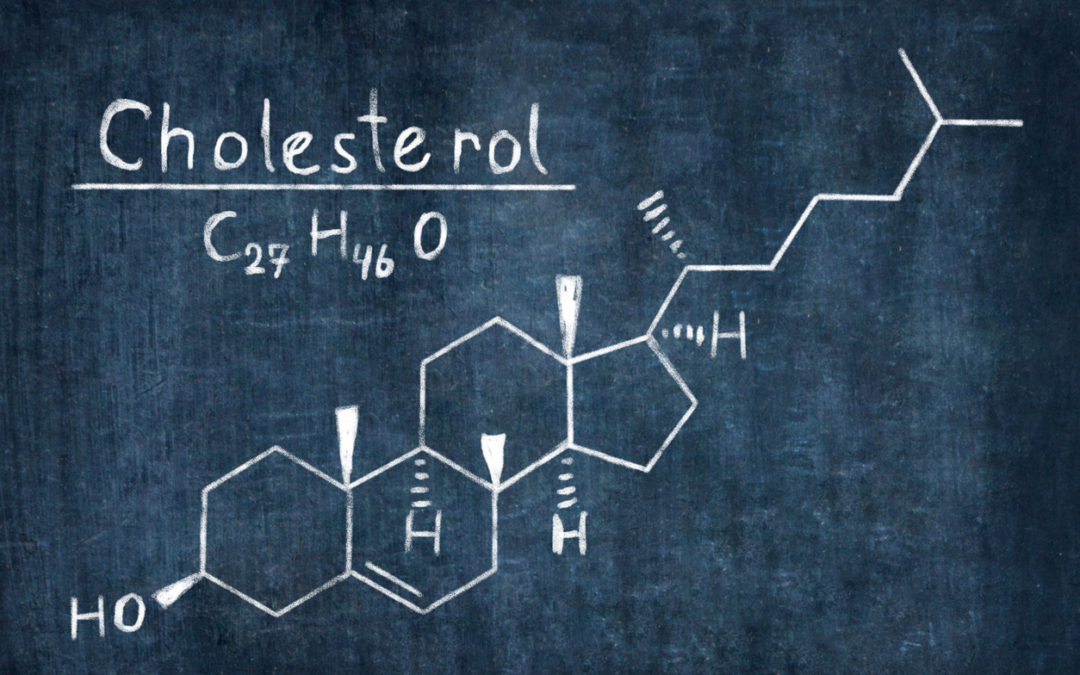What is Smith-Lemli-Opitz syndrome?
Smith-Lemli-Optiz syndrome (SLO) is an inborn error of cholesterol metabolism that results from the reduced activity or absence of the enzyme 7-dehydrocholesterol reductase. This enzyme controls the last step in the formation of cholesterol. Cholesterol is a waxy, fat-like material that is made by the body and found in food. It is critical for normal embryonic development and plays an important role in the nervous, digestive, and endocrine systems. When the enzymes that control the metabolic pathway for cholesterol do not work properly, a buildup of cholesterol precursors results that can cause a range of symptoms, some of which can be life threatening.
The signs and symptoms of Smith-Lemli-Opitz syndrome as well as the severity of symptoms vary widely. The most common symptoms include specific facial features, a small head size (microcephaly), intellectual disability, and behavioral problems that may overlap with the characteristics of autism. People with SLO can also be born with malformations of the heart, kidneys, lungs, or genitalia. It is common to see extra fingers or toes and fused second and third digits. Some individuals with SLO may have only mild physical differences along with learning and behavioral problems while, for others, the complications of SLO can be fatal.
Preimplantation genetic testing (PGT) offers families with a risk for inborn errors of cholesterol metabolism like SLO the option of conceiving without the concern of passing these conditions on to a future generation.
How is Smith-Lemli-Opitz syndrome inherited?
SLO follows an autosomal recessive inheritance pattern. In order for a person to develop SLO, they must inherit two changes or mutations in the DHCR7 gene, usually one from their mother and one from their father. The parents of a person with SLO are called carriers, meaning they carry the mutation that can cause SLO. Carriers typically do not have symptoms. Additionally, there may be no history of the condition on either side of the family, so it is highly possible that an individual who is a carrier of SLO may not know it.
This is an important consideration for individuals considering a pregnancy. One way to identify whether or not a person carries a mutation is through expanded carrier screening. This type of screening is available to all individuals, even without a known family history of a particular condition. This type of screening may not be covered by insurance, so it is important to discuss cost and coverage questions with your provider prior to having screening performed.
How is Smith-Lemli-Opitz treated?
Since the symptoms of SLO are primarily caused by the buildup of toxic substances and a lack of fully formed cholesterol, treatments to date have been focused on addressing these issues. Cholesterol supplementation, either via a diet high in cholesterol or a synthetic supplement, have been shown to increase the amount of cholesterol in the body and may decrease the toxic precursors. However, there is insufficient data on whether these treatments have a significant clinical impact on the symptoms of the disease. Other treatments include surgery for physical abnormalities and behavioral modification techniques and medication to help control behavioral issues.
What is preimplantation genetic testing and is it available for Smith-Lemli-Opitz?
Preimplantation genetic testing (PGT), also historically referred to as preimplantation genetic diagnosis or PGD, is a technique used to screen embryos for specific genetic diseases. PGT is done as part of the in vitro fertilization (IVF) process. The first reported case of successful PGT for SLO occurred in 2008, and it is now routinely offered by fertility clinics that do this type of testing. Because of the complexity of performing PGT for genetic disease, working with fertility clinics who are experienced with this technology is essential.
PGT is available for couples that are found to both be carriers of SLO. Because the technique allows at-risk couples to implant only those embryos found not to carry disease-causing mutations, this technique can help carriers of the disease have a biological child without worry that they will inherit SLO. This may be beneficial for first time parents who learned through carrier screening that they are at risk of having a child with SLO. It can also assist those that already have a child with SLO who wish to grow their family but are concerned about caring for another child with significant medical needs. The option of IVF with PGT for SLO provides an alternative route to conception that may help reduce stress and anxiety for families at risk for the condition.
For additional resources and information on Smith-Lemli-Opitz syndrome, please visit the Smith-Lemli-Opitz Foundation. If you would like to speak with a genetic counselor either in person or by phone, the National Society of Genetic Counselors can help.

Jessica Greenwood is an independent consultant to Sharing Health Genes. As a licensed genetic counselor and digital health consultant, she works with health-related organizations looking to deliver memorable messages of health in the digital space. Mrs. Greenwood started her career in a clinical role, working for eight years as a preconception and prenatal genetic counselor before transitioning to industry. Mrs. Greenwood completed a year-long certificate program in Digital Health Communication at Tufts University that spearheaded her work in digital health. She now consults with health-related organizations, assisting with the creation and execution of a digital strategy including the development of health literate patient-centered educational materials. Mrs. Greenwood earned a Bachelor of Science degree from North Carolina State University with a minor in Genetics and a Master of Science in Genetic Counseling from the University of North Carolina at Greensboro.
